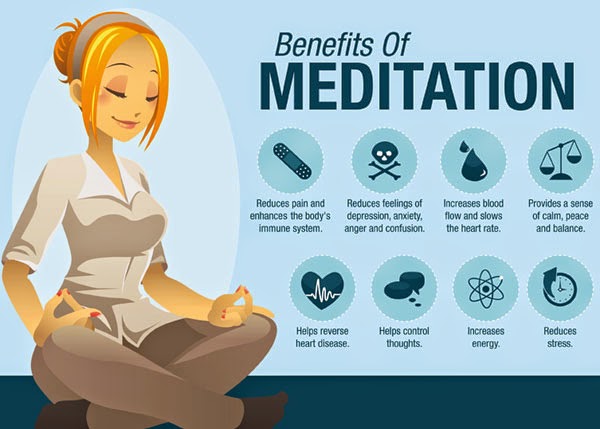These two condiments sit on millions of counter tops and kitchen tables across the world. Salt has gotten its fair share of attention lately with the increasing popularity of mineral-rich exotic salts. But the body of evidence for the benefits of black pepper is growing too large to ignore. Piperine, a key substance in black pepper, has been used for Ayurvedic medicine for thousands of years. Now we have science to back it up:
Increased Nutrient Absorption
Did you know that by sprinkling freshly ground black pepper on your food, you're revving up the bioavailability of the dish? Bioavailability refers to the proportion of nutrients available in a food for your body to absorb. Some foods have a high level of bioavailability, like proteins, fats, and carbohydrates (called macronutrients), but we can gain even more access to vitamins and antioxidants in vegetables, which have lower levels of bioavailability.
Piperine/Black pepper increases bioavailability by:
- Inhibiting enzymes that are responsible for metabolizing certain substances,
- Stimulating transporters of amino acids within the intestinal lining,
- Inhibiting the removal of beneficial nutrients from food, allowing them to continue to be available for use for longer periods of time, and
- Decreasing activity in the intestinal tract to allow for more nutrients to enter the bloodstream.
Improved Digestion
Have problems with indigestion? As long as you are otherwise healthy, you might want to try adding black pepper to your food. The strong taste of black pepper stimulates taste buds and gets the digestive process started immediately. (Did you know that the process starts in our mouths? Crazy, huh?) The taste buds signal to the stomach that food is coming its way and the stomach in response increases secretion of hydrochloric acid, which is key to digestion. When there's enough acid in your stomach, food doesn't sit in there for too long, and the likelihood of indigestion and other problems is greatly reduced. *Consult your doctor if you have stomach or digestive issues like ulcers of IBS before increasing your intake of black pepper
Brain-Boosting Properties
Research has shown that certain pathways in the brain are stimulated by piperine. Although the studies are ongoing, it looks like black pepper can help Alzheimer's patients, dementia sufferers, and others dealing with cognitive impairments. The strong flavor also causes you to pay attention to your food, thus increasing your positive relationship with food in a mind-body kind of way.
One Last Note
Piperine is present in black pepper, and it best accessed through freshly-ground black peppercorns. Other peppers, like jalapenos, bell peppers, etc contain the beneficial antioxidant capsaicin, which has shown to decrease pain signals in the body and is great for a number of other body conditions.
Image via Morguefile.com by jmiltenburg






